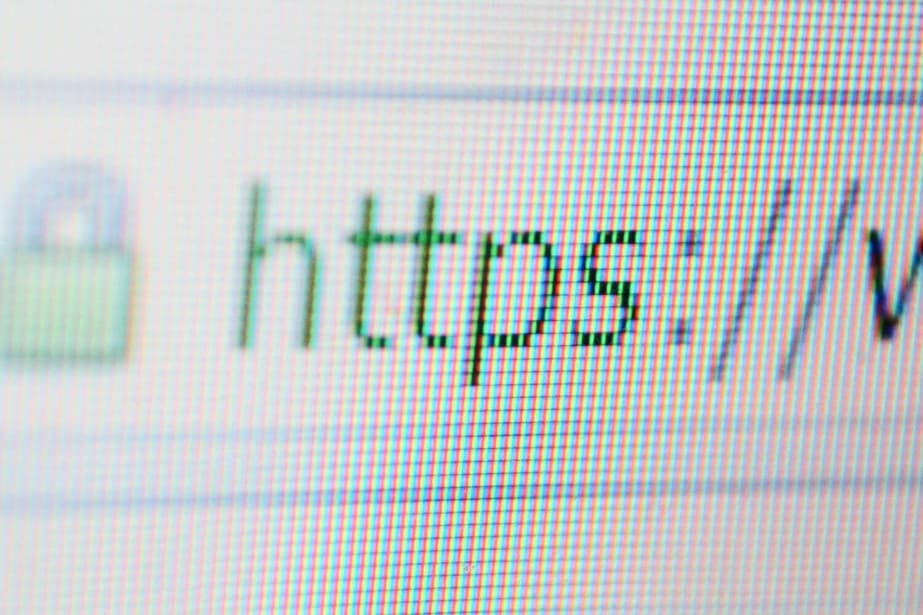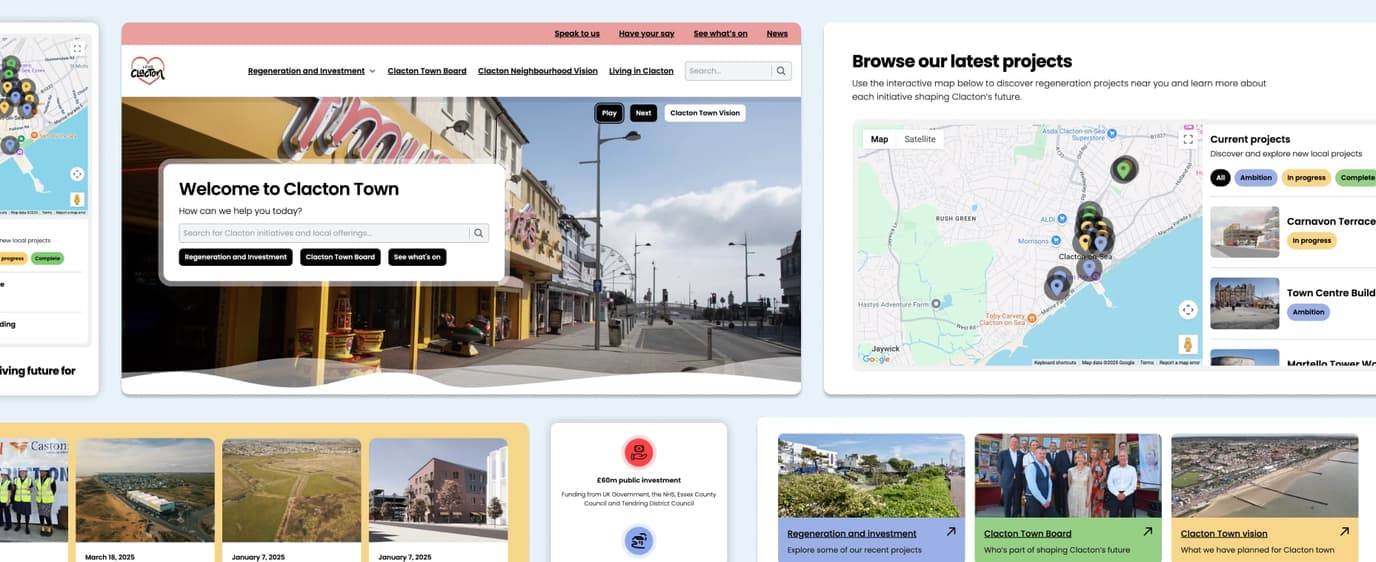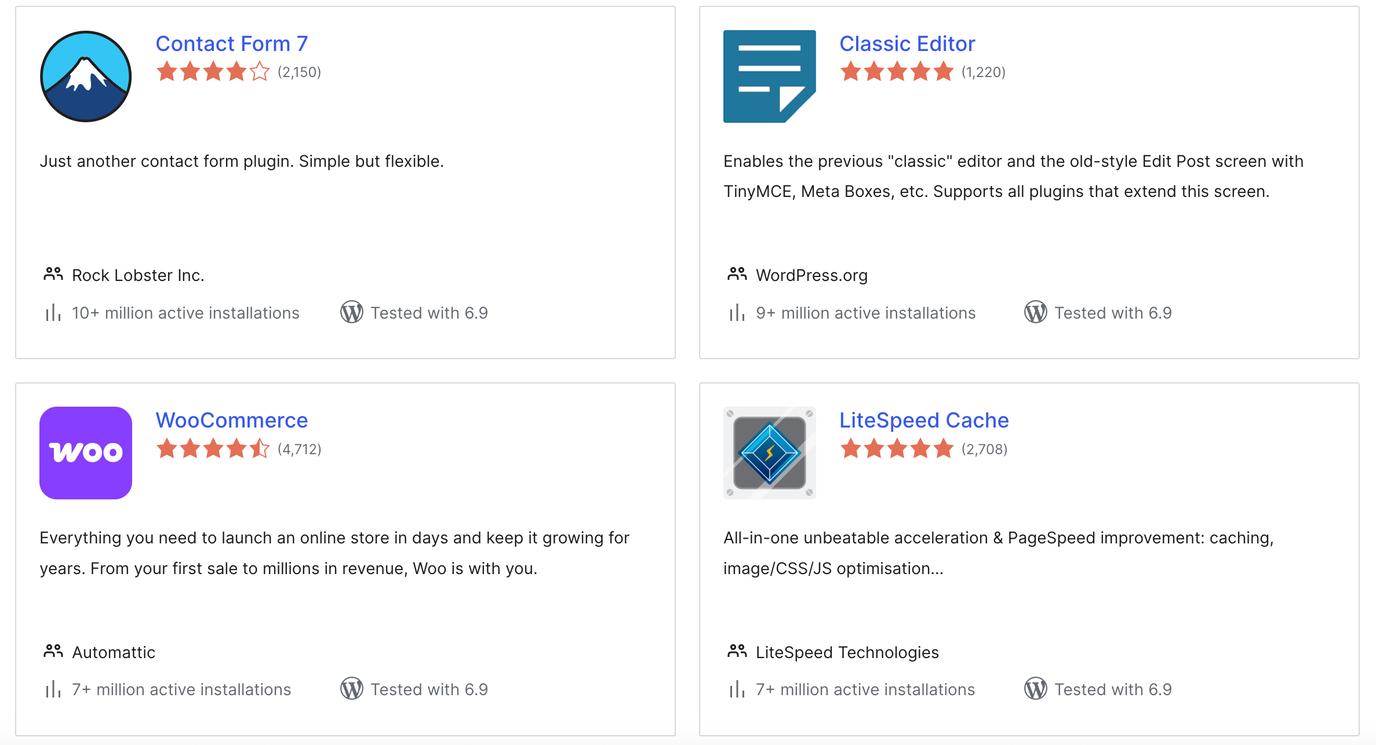
As the focus on security online continues to grow, Google Chrome and Mozilla Firefox have recently introduced new rules, requiring any sites that involve sensitive data to have an SSL certificate. When a person tries to access a site that does not have an SSL certificate, they will be presented with a warning in the address bar stating that the site is not secure.
An SSL certificate establishes a secure encrypted connection between the browser and website being accessed. This ensures that any personal information or data being input on the site remains private. As so many websites now use or hold personal information, it is crucial to retain consumer confidence. Being told by Google that the site a person is about to access is not secure, will be a problem for many users. As a result, they may simply find a competitor, rather than risk sharing personal data on an unsecure site.
Chrome Security Team
“When you load a website over HTTP, someone else on the network can look at or modify the site before it gets to you.”
A user is able to identify a site as being secure by the addition of an ‘s’ (for secure) after the http part of a website address. While there have previously been more subtle steps taken to demonstrate what sites have an SSL certificate, such as through a padlock icon or green background to the address bar, the addition of the new warning is a much stronger approach. This seems to be part of an ongoing effort from browsers, and particularly Google. In future we may see further updates that are less passive, such as taking a user to an opt-out screen similar to what appears when an SSL certificate is not valid. It is important not to be left behind on this issue.
The impact this may have for businesses is clear, but there may be some who are slow to act on it. Without an SSL certificate in place, the website and therefore business is likely to suffer. Over the past year, there has been nearly constant coverage of cybercrime and cybersecurity breaches, highlighting a worrying growing trend. Many large firms have had to admit hacks or issues with security and data, which is embarrassing and, more importantly, costly. As a result, more internet users are becoming aware of internet security and about what they share online.
Another point to note is that Google favours websites with SSL certificates, giving them a higher ranking. They have been previously open about this, saying that they will increase the weighting of sites with SSL certificates when calculating their rankings and they moved to do this last year.
Given how low the costs actually are of issuing and installing an SSL certificate, this is clearly an easy and important investment to make. By spending just a couple of hundred of pounds on an SSL certificate, you could improve your rankings and boost confidence in your website.
Get in touch if you would like us to help and we can advise you on what SSL certificate you might need.





